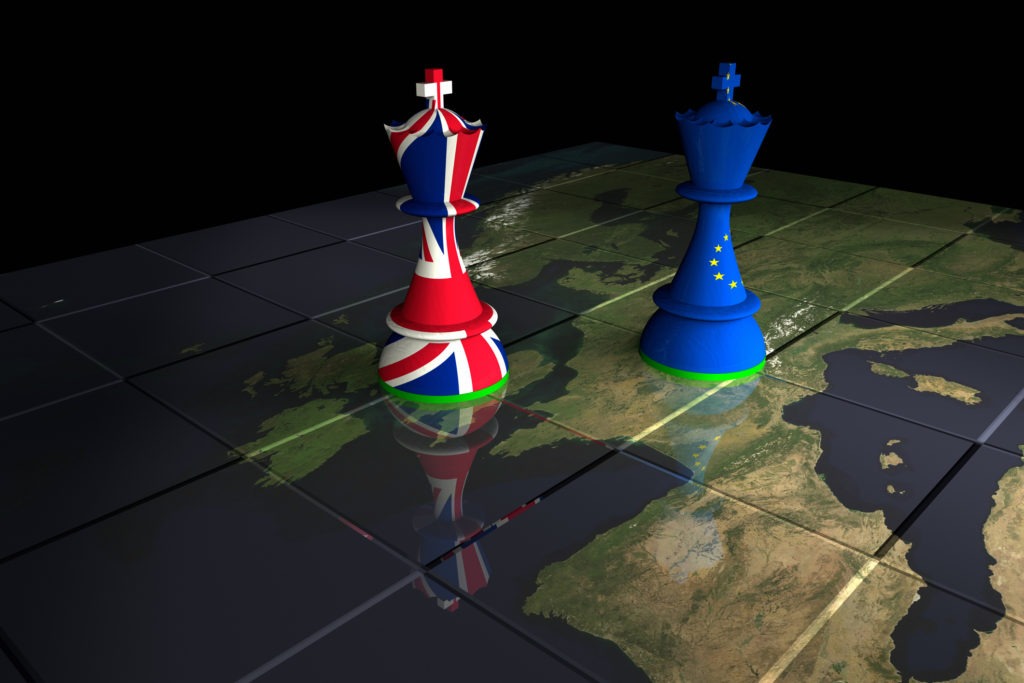UK Government announces tariff plans as no-deal Brexit edges closer
13 March 2019

13 March 2019
The UK Parliament has announced that new cars imported into the UK following Brexit will be subject to a 10.6% tariff in the event of a ′no-deal’ scenario.
The House of Commons has rejected the latest Brexit deal proposed by Prime Minister Theresa May and will vote later today (13 March) on whether to leave the European Union without a deal. As the potential for such a circumstance appears ever closer, the Government has advised on the tariffs that would ensue should a ′hard-Brexit’ come along.
The 10.6% tariff would apply to ′fully finished’ vehicles. However, in a move to try and aid the automotive industry, especially those producing cars in the UK, there will be no tariffs on imported parts, which the Government hopes will also keep supplies moving to factories operating on a ′just-in-time’ basis.
Industry reacts
Speaking about the rejection of the latest deal, Mike Hawes, CEO of the SMMT, said: ′This vote leaves us perilously close to the ′cliff edge’. No-deal would be catastrophic for the automotive industry. It would end frictionless trade, add billions to the cost of manufacturing and cost jobs. UK automotive businesses will be put at immediate risk.’
On the announcement of the tariff structure and the impact it could have on new vehicle prices, Hawes added: ′No policy on tariffs can come close to compensating for the disruption, cost and job losses that would result from ′no deal’. It is staggering that we are in this position with only days until we are due to leave. Every day ′no deal’ remains a possibility is another day companies pay the price in expensive contingency measures. ′No deal’ must be taken off the table immediately and permanently.’
Volkswagen has said the tariffs could result in price increases on its vehicles and Porsche has already warned of potential price increases on models delivered after 29 March.
′[The rejection of the deal by the UK Parliament] was a disappointment for all Europeans. We are continually monitoring the situation and should it come to pass, we need to discuss price increases,’ Volkswagen’s chief operating officer, Ralf Brandstätter, said at a press conference.
Additionally, German companies are not signing long-term delivery contracts with British partners and are stocking up on goods wherever possible, Holger Bingmann, president of Germany’s BGA association of exporters and wholesalers, commented.
′There is an unbelievable amount of uncertainty, as fundamental questions on customs documentation or product registration have not been resolved,’ he added.
Possible scenarios
The 13 March will see the UK’s House of Commons vote on whether it wants to leave the EU without a deal. There are still several possible outcomes.
Should MPs vote to initiate a hard-Brexit, the country will leave the EU on 29 March and tariffs will be implemented as well as increased customs checks. However, should they reject this option, there will be a further vote tomorrow (14 March) on whether to extend the departure deadline. If this vote fails, then no-deal will be the only option.
Even if MPs approve the extension, the Prime Minister will have to ask the EU Commission, which could still reject the option and leave no-deal as the only outcome. Should the EU agree, there could be a period of renegotiation with Europe or further amendments to the PM’s deal.
There could also be another Brexit referendum, a vote of no confidence in the Government or a snap General Election. There is even the possibility that Brexit will not happen at all, although this is the least likely outcome.